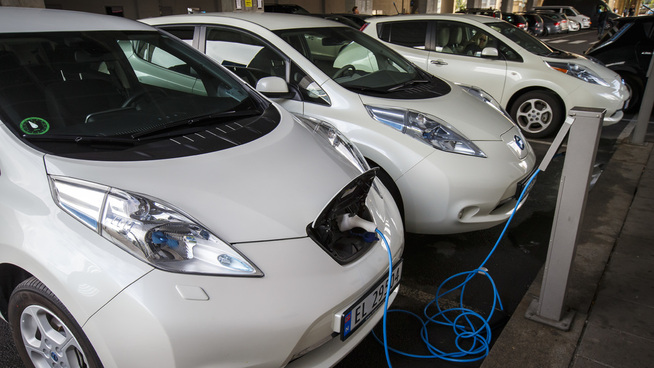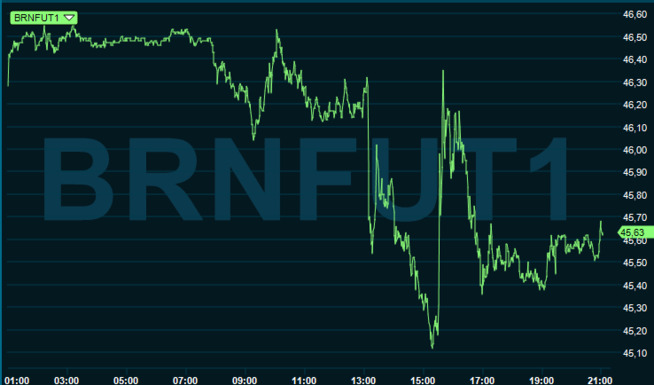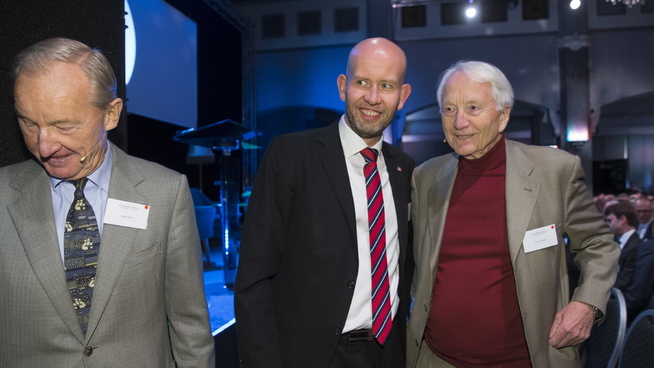oil prices fall further on Friday night after what has been a heavy week.
Nøkkelkontrakten on / is down to 45,6 dollars for barrel, that is the fifth day in a row of decline.
Since last Friday so have oil prices been sent down 10 per cent. That’s according to Reuters, the largest weekly fall since January.

IEA: Electric cars are not enough to quench oljetørsten
Nervous oljemarked
the decline has come after more bad news for oljeoptimistene.
In addition to the rising doubt about what OPEC can do when oljekartellet the plan is to formalize a produksjonsavtale at the end of november, showed the weekly statistics from the united STATES a record increase in the oljelagrene earlier in the week.
the Excitement ahead of the meeting in Vienna 30. november came well to the fore in the oil price earlier on Friday. After falling well a dollar in the course of a short time brought the price of oil up even faster again, until it again slipped down.
the Impact came in the wake of announcements that Saudi Arabia at an Opec meeting last week should have threatened to pump more oil, which then was denied by Opecs secretary general.
the case continues under the graph

the oil price has been down all week because we see some of the Opec countries ‘bargaining position, where half of them are in the public eye,” says head of the energikonsulenten WTRG Economics, James Williams, to Reuters.
– It lowers people’s expectations about a future agreement to cut or limit production, he adds.
Craig Bethune, portfolio manager at Manulife Asset Management, says the Wall Street Journal that it is far from certain that Opec can get an agreement.
More will be exempt from
It was at the end of september oljekartellet came to a preliminary agreement that production should be cut to between 32,5 and 33 million barrels per day. The agreement, which was signed in Algeria shall, after the plan to carry out in the first produksjonskuttet since 2008.

the Oil industry fifty years: So much has Norway earned
But there is no lack of challenges that must be resolved before the official meeting in Vienna 30. november. Among the larger questions is who to cut, and how much.
In the initial meetings between countries in and outside Opec, there has not been statements that indicate commitment to a produksjonskutt.
Especially Iran have been a cause of this, wrote the news agency Reuters. Earlier last week said Iraq, kartellets second largest producer, that they would not freeze production and should be exempt because they must finance the fight against ICE. Nigeria and Libya have also asked for exemption.
No comments:
Post a Comment